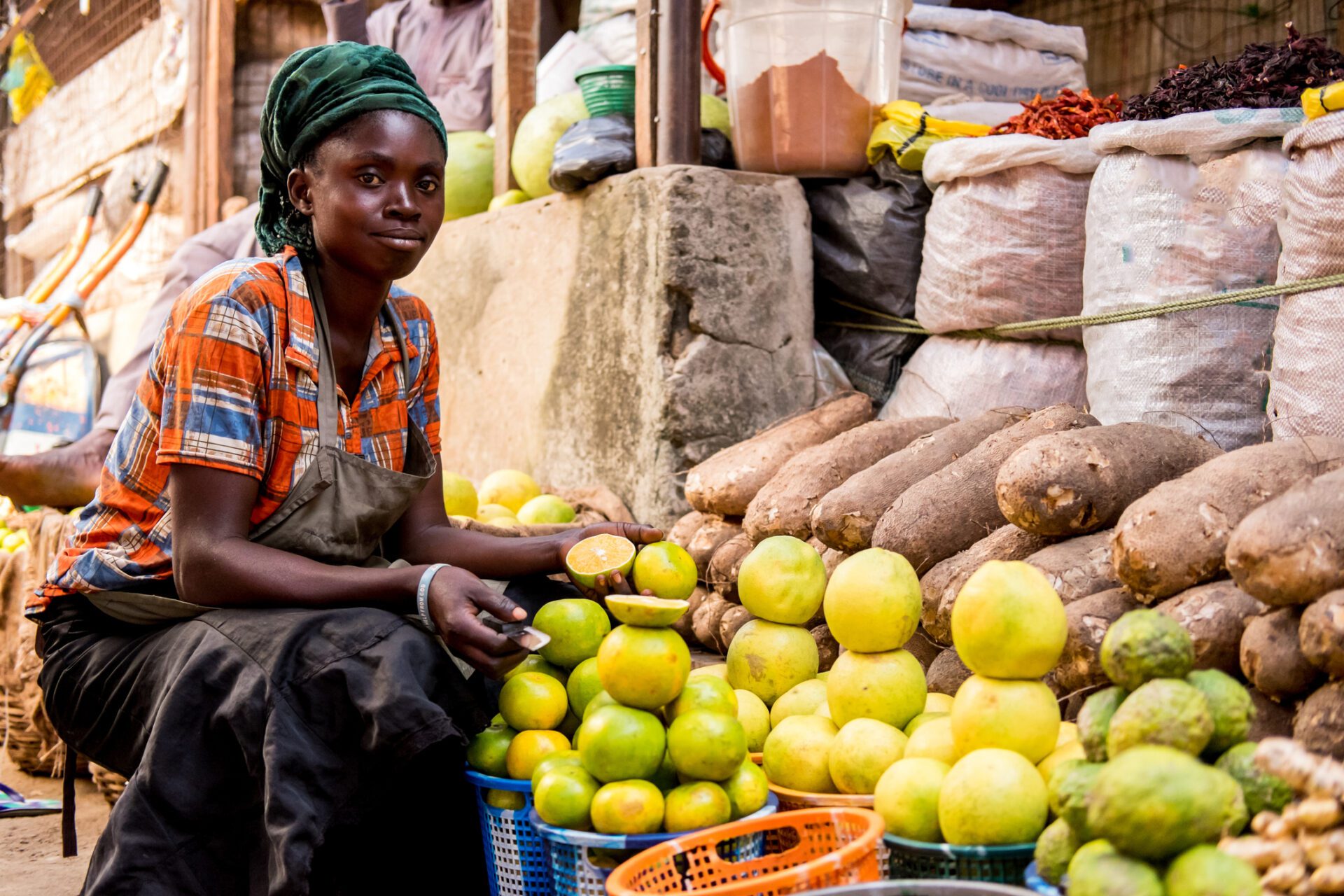By Laura Joseph
Editor’s Note: This is one in a series of essays based on Laura’s conversations with people who work with communities to help improve nutrition. This essay includes the voices of people in the Philippines, Pakistan, and Nigeria.
Bread for the World’s work includes emphasizing the importance of centering people with lived experience of food insecurity and hunger. They understand the dynamics and nuances of their communities—and therefore the types of solutions that are most likely to work well—better than anyone else can. Paying attention to local voices can lead to solutions that can make a big difference in reducing hunger and malnutrition.
Pastor Ernesto has spent most of the past decade working with a tribal group in the mountainous jungle of the Philippines. In his first couple of years in the community, he recalled, he noticed that many people “seemed to disappear” for about three months each year. He discovered that because there was nothing to eat during that period, people traveled down the mountain to beg. After doing some research on local crop practices, he was able to introduce new planting patterns so that at least one food could be harvested every month. People could meet their daily food needs throughout the year and no longer needed to beg.
In Pakistan, Abaid and Lubna have been working to help a group of Christian brick kiln workers who are trapped in bonded labor—otherwise known as modern day slavery. Abaid and Lubna realized that even if the workers manage to gain their freedom, their almost complete inability to access nutritious food and other necessities means that their diet is likely to remain very poor. Foods that are protein–and nutrient-rich are expensive.
Abaid and Lubna worked with the brick kiln workers to help them learn to grow nutritious vegetables and pulses, and they also explained why it is important to eat these foods. Eggs were simply too expensive for workers in this group, so the pair bought them some chickens and encouraged them to breed the chickens and eat the eggs. This relatively simple effort has been transformative—not only in raising the quality of people’s diets but also in raising their incomes, since they can sell surplus eggs for extra income.
Getting enough protein is an important part of a healthy diet for children. In Nigeria, Raphaels Manasseh was heartbroken over the many hungry and malnourished people in his community. “If you cannot afford a good meal, protein is the last option to think of. However, there are other ways to get good meals that the people may not be aware of,” Raphaels noted.
In Ghana and Nigeria, babies are often weaned on pap or koko, a smooth porridge made with fermented maize or sorghum. It has essential calories and fills an empty stomach, but it does not have complete protein. Babies quickly became malnourished because their diet consisted only of grain. Raphaels knew that a different porridge, nicknamed “Tom Brown” because of its color, was a superior weaning food, but not everyone was familiar with it.
“Tom Brown” porridge is more nutritious because it includes both grains and legumes. Raphaels looked for ways to add additional nutrients with locally available ingredients, ultimately developing a variation on the recipe by adding tiger nuts, dates, and unripe plantain. He now produces the porridge and distributes it locally, but he is also teaching others in his community how to make it and making sure they know why it is important to eat foods with a variety of nutrients.
Bread for the World supports U.S. programs aimed at reducing hunger, and we pray for wisdom for program managers, that they will be able to listen to local partners and learn from them what will be effective in their communities.
Laura Joseph earned her master’s degree in Theology, Ecology, and Food Justice at Truett Seminary of Baylor University. She was a nutrition fellow at Bread for the World in 2023.



